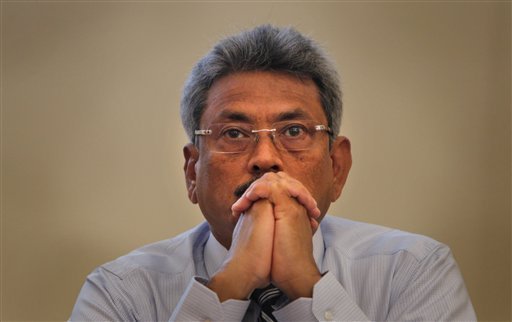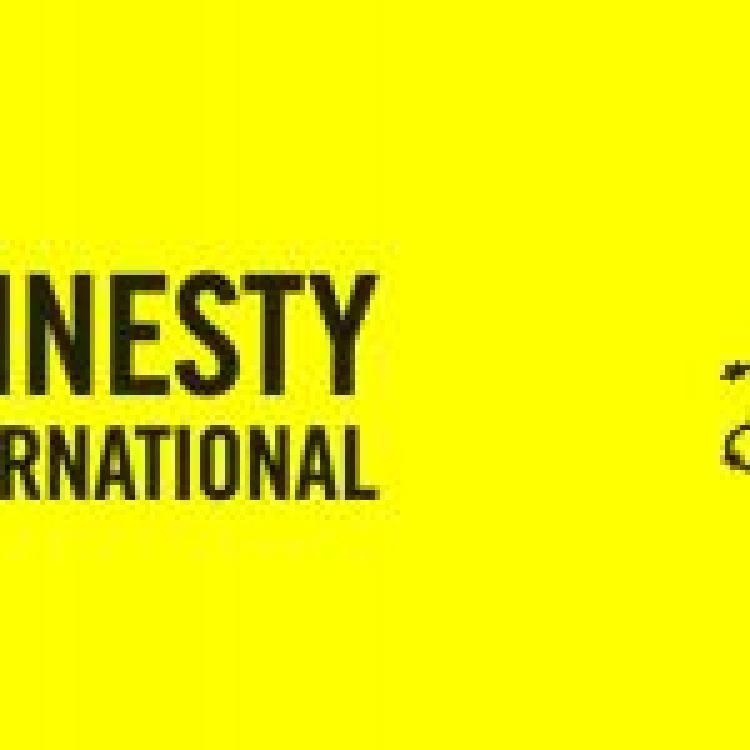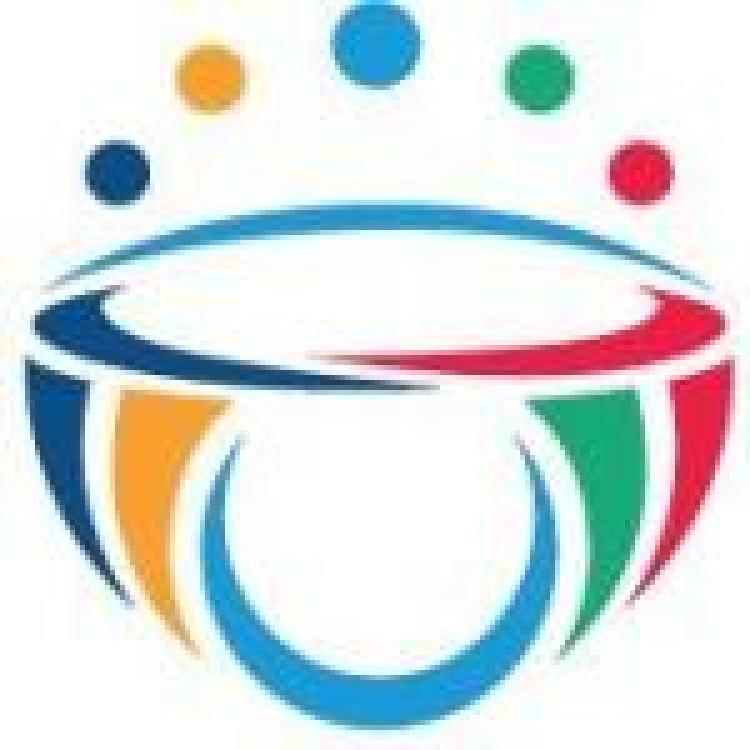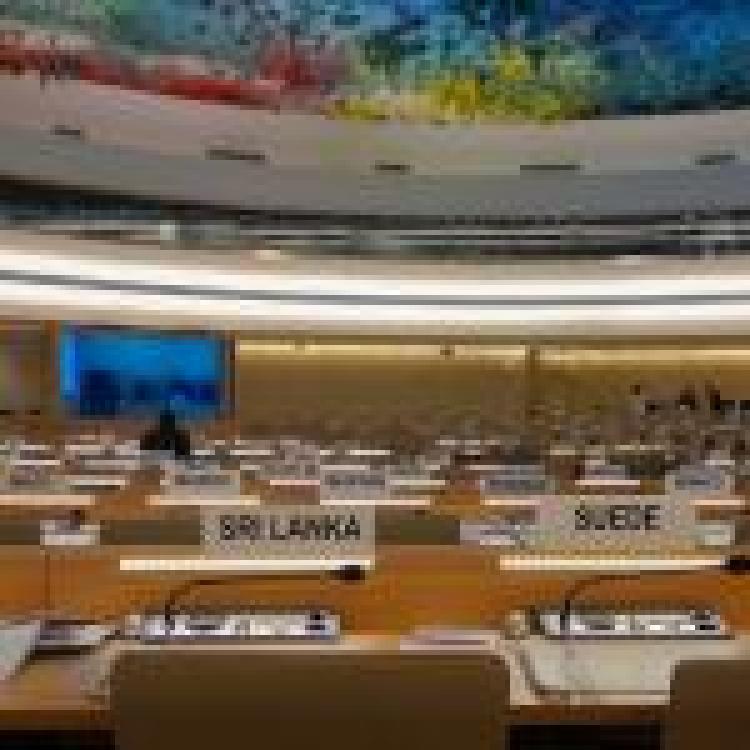
Human Rights Watch (HRW) has welcomed the newly passed UN Human RIghts Council resolution on Sri Lanka which establishes a new process “to collect, analyse, and preserve evidence” of war crimes “for use in future prosecutions”, with the human rights organisation urging member states to impose “targeted sanctions” on those on those allegedly responsible for grave violations and pursue justice in “national courts under the principle of universal jurisdiction”.
Commenting on Sri Lanka’s response to the resolution, Human Rights Watch noted that were “numerous reports of threats and harassment against rights activists” in Sri Lanka and the government had “vigorously opposed the resolution”, noting that there had been “barely any progress on accountability” on the island.
HRW also noted the current complicity of senior government officials in “alleged war crimes” and how government members have blocked accountability for other serious violations. "The Rajapaksas and other senior members of the current government were implicated in alleged war crimes, particularly during the final months of the conflict," it said. "The government has also blocked accountability for other serious violations, including extrajudicial killings and enforced disappearances."
HRW urged member states to “ensure that the high commissioner’s recommendations are carried out”. It added,
"UN member states should now follow through and ensure that the high commissioner’s recommendations are carried out, including by imposing targeted sanctions on those allegedly responsible for grave violations and pursuing justice for international crimes in national courts under the principle of universal jurisdiction".
“The Human Rights Council’s landmark resolution on Sri Lanka shows that if justice is denied, the UN will act to provide accountability for atrocities,” said John Fisher, HRW's Geneva director. “When governments fail to respect their international law obligations, as Sri Lanka has, it’s crucial for the Human Rights Council to respond with substantive measures like these.”
Those calls were echoed by Amnesty International and CIVICUS who noted that the resolution represented “ a missed opportunity to mandate an international accountability mechanism” but stressed UN member states “should look for prosecution under universal jurisdiction”.
Read more from HRW here.



